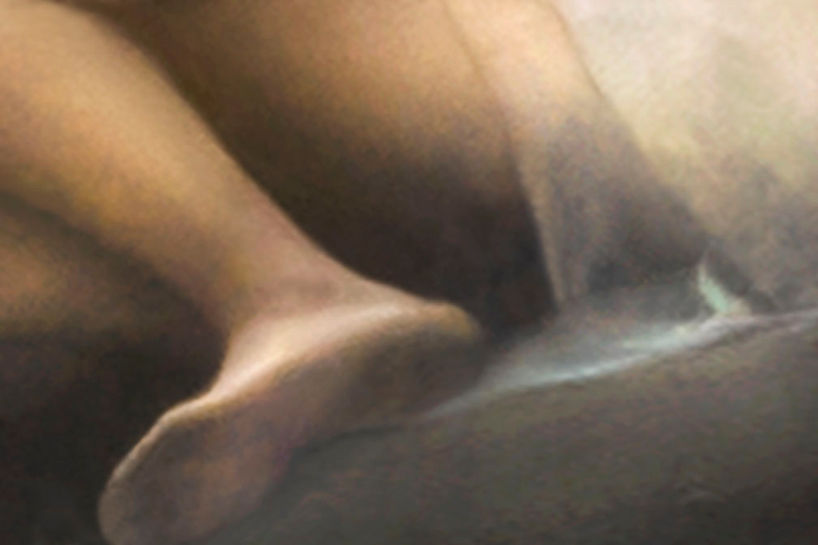Jan Meissner
Jan Meissner (b. 1944, Placedo Junction, Texas) is a photographer currently living and working in New York. Over the past two years, using a long range lens, she has worked at night from her Manhattan rooftop, capturing fragments of life inside of distant windows.
A former writer, Meissner embraces a painterly approach to her photographs that she builds in the same way that she once “built short stories—bit by bit—one bit affecting another bit so that other changes must be made to accommodate the new whole.” Working from home, unable to go out into the streets to shoot, she poignantly describes her reality during the closure, “From my rooftop at night, London Terrace stretches east to west like a heavy brick fortress with small panes in small barred windows, darkly luminous half-curtained windows that hide themselves and those within so that I see only profiles, shapes and shadows.
Mostly, they seem to sit. It is the end of their day. Television screens glow. Lamps glow. I see feet stretched out on hassocks, hands raised, fragments of faraway distant half-worlds, a glass of wine beside a book. There must be sound, there must be music, voices, but all I hear is the click of my camera’s shutter.
That is London Terrace, but over to the east, the Empire State building spreads its nightly metaphor of color. Massive steel and glass worlds rise with wide-open glittering windows—whole worlds spread out with panoramas intact, brightly lit worlds that offer more than fragments, and, yet, they are still so far away, still so distant, and, still, so little moves within that time seems truly to have stopped.
Most nights the sky is clear, crystalline. I turn back to London Terrace, to that red brick fortress where nothing glitters, that heavy piece of almost ancient architecture, massive, stolid, that seems to anchor the monotonous presence of the cold steel structures that rise around it.
The shapes within have either disappeared or moved just slightly. Nothing has happened. Nothing seems to have happened. They wait. We wait. I wait.”








